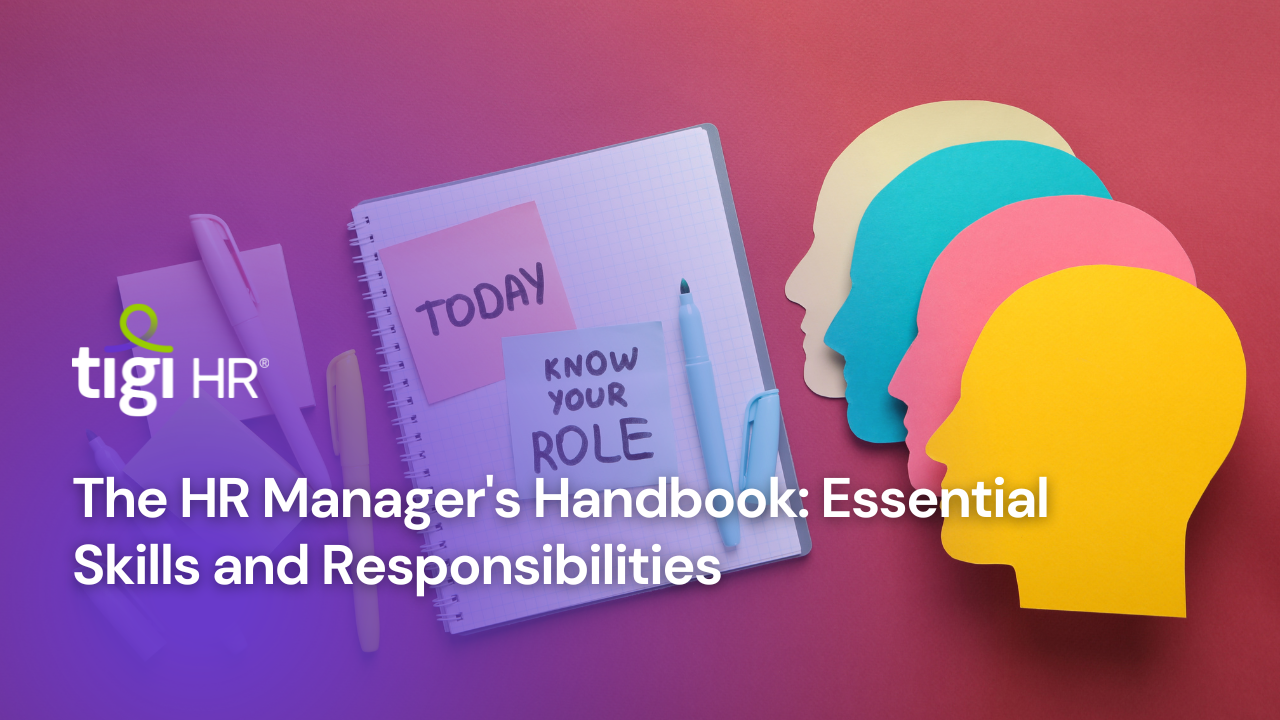In the dynamic realm of Human Resources (HR), the role of an HR manager stands as a linchpin in shaping an organization’s culture, managing its most valuable asset—its people—and steering the company towards success. This comprehensive handbook delves into the essential skills, diverse responsibilities, and pivotal roles an HR manager assumes in fostering a thriving workplace environment.
1. Strategic Planning and Leadership
At the core of an HR manager’s skill set lies strategic planning and leadership prowess. This involves aligning HR initiatives with the organization’s goals, forecasting workforce needs, and implementing strategies that drive growth. According to SHRM, 71% of HR professionals view strategic planning as a critical aspect of their role, emphasizing its significance in organizational success.
2. Effective Communication and Interpersonal Skills
Effective communication serves as the cornerstone of an HR manager’s success. From engaging with employees to collaborating with various departments, strong communication skills are pivotal. Research by the International Association of Business Communicators highlights that 60% of HR managers believe that communication skills are crucial for career advancement.
3. Talent Acquisition and Recruitment Expertise
The ability to attract, recruit, and retain top talent is a defining skill for an HR manager. Crafting compelling job descriptions, conducting interviews, and devising onboarding strategies are integral components. The cost of a bad hire can amount to up to 30% of an employee’s annual salary, emphasizing the importance of effective talent acquisition skills.
4. Employee Relations and Engagement Strategies
Fostering positive employee relations and nurturing engagement are vital responsibilities. Creating a conducive work environment, addressing grievances, and championing initiatives that boost morale are crucial. Gallup’s research shows that engaged employees are 17% more productive and contribute significantly to a company’s bottom line.
5. Policy Adherence and Compliance Management
Navigating through a complex maze of regulations, labor laws, and company policies is inherent to an HR manager’s role. Upholding compliance in areas like hiring practices, benefits, and workplace safety is critical to avoid legal repercussions. EY’s study highlights that HR professionals spend nearly 39% of their time on administrative tasks, including compliance-related activities.
6. Training and Development Initiatives
Investing in employee development is fundamental for organizational growth. HR managers spearhead training programs, workshops, and initiatives aimed at enhancing employees’ skills and fostering a culture of continuous learning. LinkedIn’s research indicates that 94% of employees would stay longer at a company that invests in their career development.
7. Performance Management and Feedback Skills
Guiding and evaluating employee performance is crucial for enhancing productivity and engagement. HR managers oversee performance appraisals, provide constructive feedback, and assist in setting goals aligned with the company’s objectives. Deloitte’s study reveals that organizations that regularly revisit their performance management processes are 1.7 times more likely to outperform their peers.
8. Conflict Resolution and Mediation Expertise
Handling conflicts and workplace issues is an integral part of an HR manager’s role. Being adept at resolving disputes, fostering constructive dialogue, and maintaining a harmonious work environment while upholding company policies is vital.
9. Continuous Adaptation and Learning
The HR landscape is in a constant state of evolution. HR managers dedicate time to staying updated with industry trends, obtaining certifications, and networking within the HR community to enhance their skills and stay ahead in this dynamic field.
Conclusion
An HR manager’s skill set and responsibilities encompass a diverse array of competencies—ranging from strategic planning and leadership to effective communication, talent acquisition, compliance management, and conflict resolution. Balancing these essential skills while shouldering multifaceted responsibilities shapes a workplace environment conducive to growth, engagement, and organizational success.
Mastering these skills and embracing the spectrum of responsibilities outlined in this handbook equips HR managers to navigate the complexities of human resources, fostering an environment that nurtures employee growth, fosters productivity, and ultimately drives organizational success in the ever-evolving business landscape.





